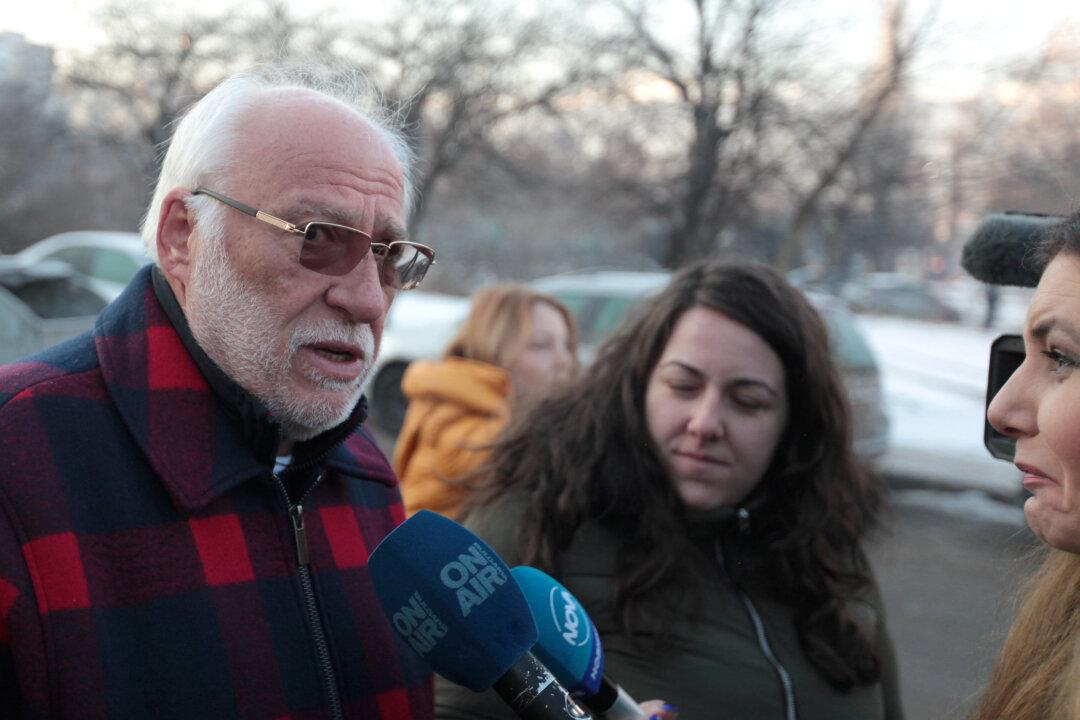SOFIA—Bulgaria is investigating a possible link between a nerve-agent attack on a former Russian spy in England in 2018 and the poisoning of an arms dealer in Sofia in 2015.
Bulgarian Chief Prosecutor Sotir Tsatsarov said on Feb. 11 that Sergei Fedotov, a suspect in the attempted killing of ex-spy Sergei Skripal, visited Bulgaria three times in 2015 and was there in April when local arms dealer Emilian Gebrev was poisoned.





